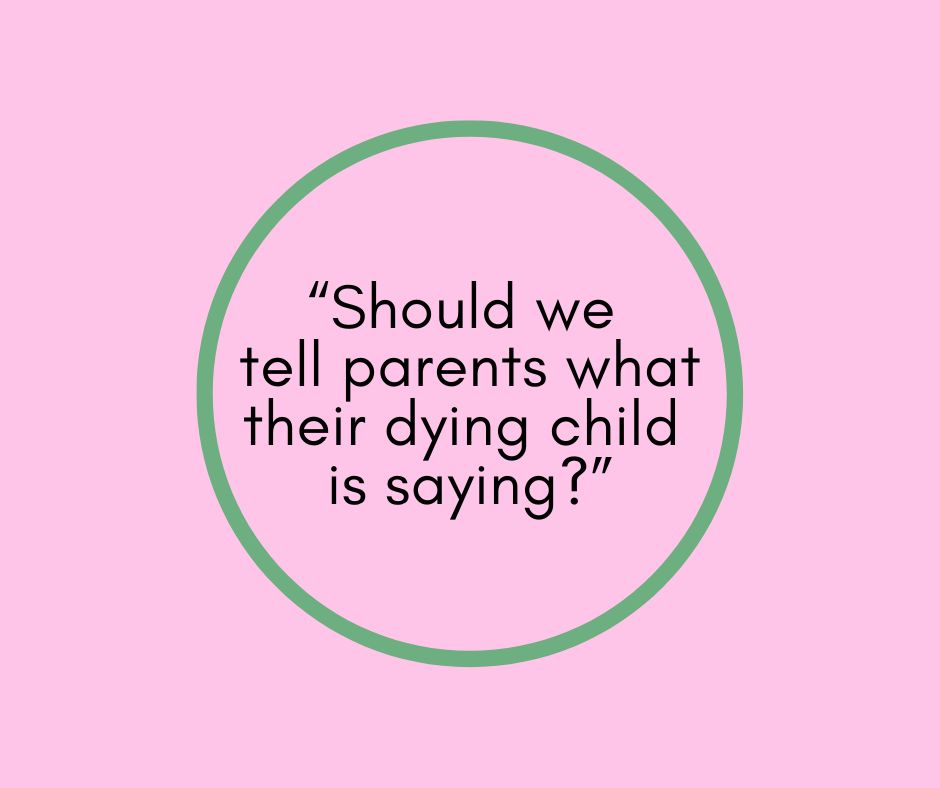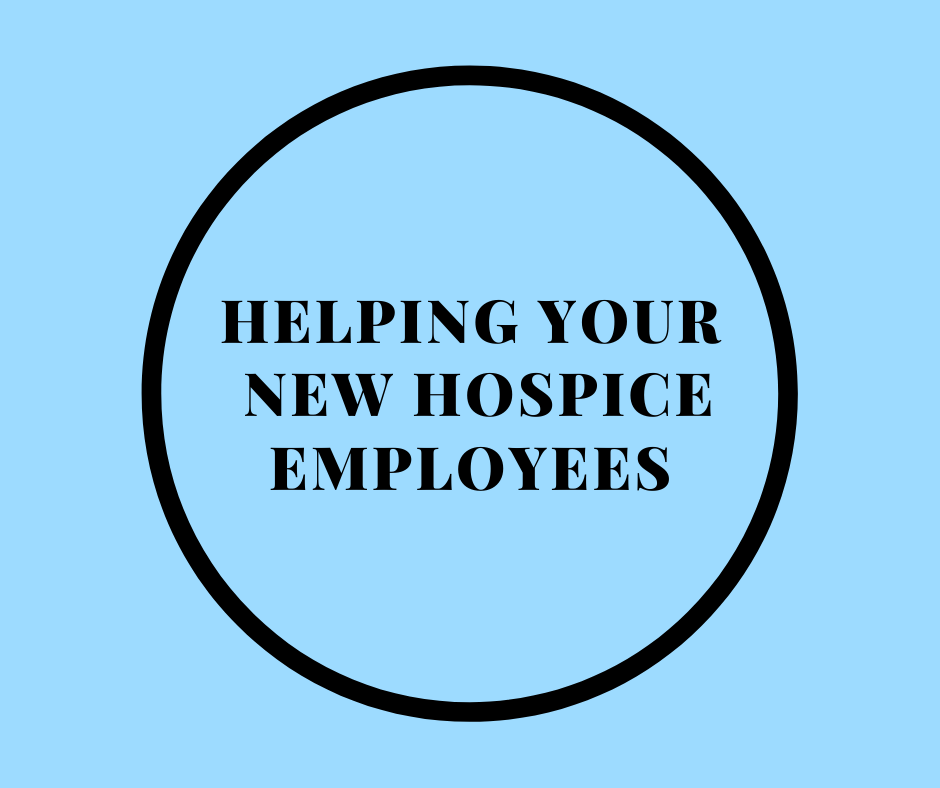The majority of hospices in this country are medicare certified. Meeting Medicare hospice guidelines makes them eligible for medicare reimbursement. Services are provided to the patient at no charge because medicare is “picking up the bill,” so to speak. Being certified also requires hospices to provide certain services. BUT, as with everything, just meeting requirements does not insure quality.
What is the difference between what hospice provides and what the EOL Workers provide? Hospice services are more medically oriented. They also provide a variety of services that are non medical but their foundation is the medical model.
EOL Workers are non medical personnel. They are people who have been trained to address the support issues for the patient and family of someone with a life threatening illness. They have extensive knowledge in the physical, emotional, mental, spiritual and communal aspects of the dying process.
There are nurses, social workers, and chaplains that are EOL Workers but it is not a requirement. There are many people interested in being of service at end of life who have taken one of the many courses and programs offered, are certified by the particular program, and offer their services as independent of any agency or hospital.
A major difference between the two services is time. EOL Workers are generally not on the clock. They can stay for hours at a time. Part of their support is to be with the patient and family at the time of death before and following. They are not shift workers but have the goal of being with clients without having a clock ticking.
Hospice services provide Registered Nurses, Licensed Practical Nurses, Certified Nurses Aides, Physical Therapists, Occupational Therapists, Social Workers and Spiritual Counselors. It provides medical equipment, (beds, commodes, wheelchairs) and pays for medications related to the terminal illness.
End of Life Workers do not provide those services although they can guide you to getting them.
These two approaches to end of life care are not opposed to each other. They compliment each other. I would like to see hospices hiring EOL Workers to fill the gap in their services—time spent with families.
Something More... about Hospice and End of Life (EOL) Workers
Both hospice agencies and EOL workers use my resources to educate, support and guide families of the dying during what can be a sacred event. The most common resource for end of life workers after Gone From My Sight is my DVD kit New Rules For End of Life Care. Click on the link to see the trailer for the film.








2 comments
Valerie Baker-Easley
Donnette, thank you for your comment. I am just beginning INELDA’a death doula program and appreciate your words. Barbara, we were given a copy of “Gone From My Sight” last November by my mother’s hospice agency and it was very helpful. I give thanks for the spirit and wisdom of those involved in this work, and am honored to join your ranks.
Donnette, thank you for your comment. I am just beginning INELDA’a death doula program and appreciate your words. Barbara, we were given a copy of “Gone From My Sight” last November by my mother’s hospice agency and it was very helpful. I give thanks for the spirit and wisdom of those involved in this work, and am honored to join your ranks.
Donnette Wheelock
Barbara,
Thank you for this blog. As always, you explain things clearly and concisely. I have been a hospice volunteer with Mayo Clinic for 20 years and a Death Doula for three years. My family has also utilized hospice services, so we understand the immeasurable value of hospice. I completed Death Doula training and certification, because there were so many families who needed more than hospice could provide. Thank you for realizing these services are complementary.
I use your materials extensively, and I am so grateful for your booklets. I always have several on hand to give out as needed. They are wonderful resources and quite informative.
Thank you for all you do to educate people about end-of-life issues.
Barbara,
Thank you for this blog. As always, you explain things clearly and concisely. I have been a hospice volunteer with Mayo Clinic for 20 years and a Death Doula for three years. My family has also utilized hospice services, so we understand the immeasurable value of hospice. I completed Death Doula training and certification, because there were so many families who needed more than hospice could provide. Thank you for realizing these services are complementary.
I use your materials extensively, and I am so grateful for your booklets. I always have several on hand to give out as needed. They are wonderful resources and quite informative.
Thank you for all you do to educate people about end-of-life issues.